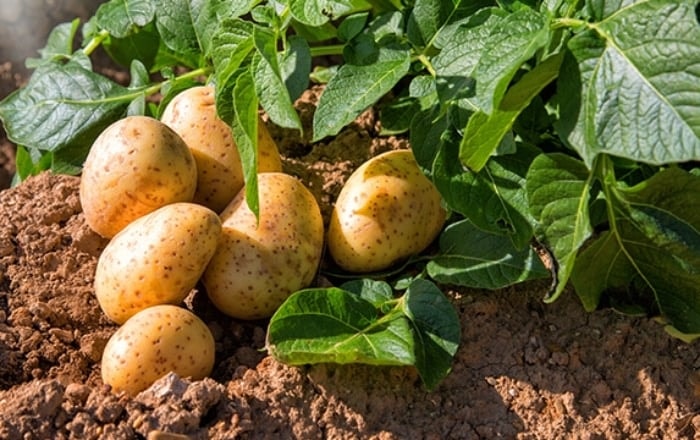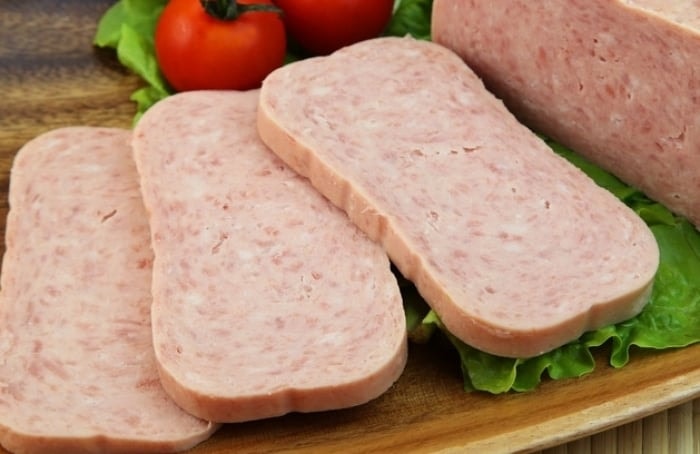11 foods that seem good but kidney patients should avoid.
People with kidney disease need a strict diet, as many common foods like apricots, potatoes, spinach, etc., can worsen the condition and lead to dangerous complications.
According to Dr. Dinh Cam Tu, a specialist at Tam Anh General Hospital in Ho Chi Minh City, chronic kidney disease reduces the body's ability to filter toxins from the blood, causing substances like potassium, phosphorus, and sodium to accumulate and cause harm. Therefore, kidney patients need to pay special attention to their daily diet.
Below are some foods that people with kidney disease are advised to limit or avoid completely:
Apricots:Despite being rich in vitamins C and A and fiber, apricots contain a high amount of potassium. One cup of fresh apricots (165g) contains up to 427 mg of potassium, while dried apricots have a much higher potassium content – which can easily cause electrolyte imbalances in people with kidney disease.
Cooked spinach:Leafy green vegetables like spinach, Swiss chard, and beets are all rich in potassium. Just one cup of cooked spinach provides 839 mg of potassium – nearly half the daily recommended intake for people with kidney disease.
Potato:An average potato contains about 610 mg of potassium – a very high amount for people who need to control their blood potassium levels.

Tomato:Patients with early-stage kidney disease can eat tomatoes in moderation. However, if their blood potassium levels are elevated, their doctor will advise reducing their consumption of tomatoes and tomato products.
Brown rice:Each cup of brown rice (155g) contains 149 mg of phosphorus and 95 mg of potassium – significantly higher than white rice. Patients should choose white rice or buckwheat as alternatives.
Whole wheat bread:This type of bread contains a lot of bran and whole grains, so it is rich in potassium and phosphorus. One slice (36g) contains 76 mg of phosphorus and 90 mg of potassium. People with kidney disease should opt for regular white bread instead.
Cereal bran and oats:Although nutritious, this food group contains high levels of potassium, phosphorus, and sodium. Patients should consult their doctor before consuming them.
Processed meat:Bacon, sausages, canned goods… all contain large amounts of sodium for preservation and flavoring – putting strain on the kidneys and easily raising blood pressure.

Pickled cucumbers:A serving of pickles can contain up to 1,630 mg of sodium – nearly reaching the recommended daily limit of 2,300 mg for people with kidney disease. Pickled foods in general should be avoided.
Beans:Beans are a good source of protein and dietary fiber, but they are also high in potassium and phosphorus. Eating too many can cause blood levels to exceed safe limits.
Canned food:Most canned foods are high in sodium for preservation. Prioritize products labeled "low sodium" or "no added salt".
Expert recommendations
In addition to a controlled diet, kidney patients should exercise regularly for about 150 minutes per week, choosing light exercises suitable for their health. They should also quit smoking, limit alcohol consumption, and eat less than 6g of salt per day to help manage the disease and prevent complications.
Developing a suitable meal plan should be done in consultation with a doctor or nutritionist to ensure long-term treatment effectiveness and safety.



